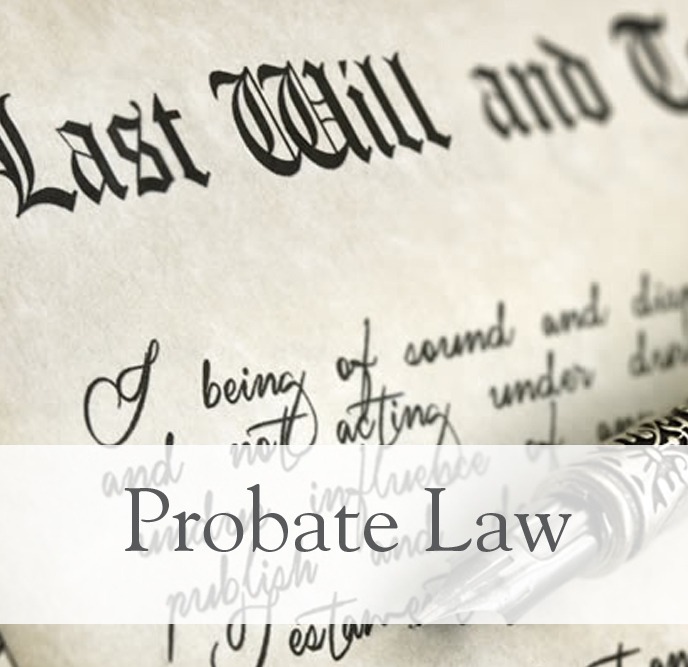I often get calls from folks who need to make financial and legal decisions for an aging or ill spouse or parent.
The first question I ask is: Are you the agent under a Durable Power of Attorney?
If the answer is no, and the parent or spouse still has the mental capacity to understand and execute a Power of Attorney, then I urge them to do so before it’s too late.
Unfortunately, often times the call comes when it is too late. The loved one no longer has the mental capacity to understand the nature and effect the document. The only option left is a Guardianship.
A Guardianship is a type of legal proceeding where the Court determines that an individual (called the “Ward”) is legally incapacitated and also appoints a Guardian, usually a family member, but sometimes, a professional guardian, to manage the Ward’s personal and financial affairs.
The Courts look at a number of factors in determining legal incapacity.
First, let’s look at how Florida law defines incapacity:
Florida Statute Section 744.102 (12):
“Incapacitated person” means a person who has been judicially determined to lack the capacity to manage at least some of the property or to meet at least some of the essential health and safety requirements of the person.”
The Court makes the determination of incapacity by appointing an examining committee to meet with the alleged Ward and also to review prior medical records. The members of the examining committee then file a detailed report with the Court as to their determination and an explanation of how they reached their decision. Some of the factors the committee members consider are:
- Can the individual make and exercise informed decisions regarding his right to contract?
- Can the individual make and exercise informed decisions regarding his right to manage property or to make a gift?
- Can the individual make and exercise informed decisions regarding his right to determine his residence?
- Can the individual make and exercise informed decisions regarding his right to marry or vote?
- Can the individual make and exercise informed decisions regarding his right to have a driver’s license or operate a motor vehicle?
This list is not exhaustive and the Court can always consider any other relevant factors.
Furthermore, the alleged Ward has the right to their own counsel and can object to any evidence introduced which supports a finding of incapacity.
If the Court makes the determination of incapacity, the next step is to appoint a legal guardian.
This is a complicated and costly process. It’s not always unavoidable, but in most cases, a Durable Power of Attorney is a much better alternative.
We, at the Law Office of Debra G. Simms, are glad to assist you with a durable power of attorney and planning for incapacity. Call us today at (386) 256-4882.

 You may be a resident of the Volusia County or of New Smyrna Beach or of Port Orange or of Daytona area or anywhere in the surrounding areas, and are in need of a
You may be a resident of the Volusia County or of New Smyrna Beach or of Port Orange or of Daytona area or anywhere in the surrounding areas, and are in need of a 
